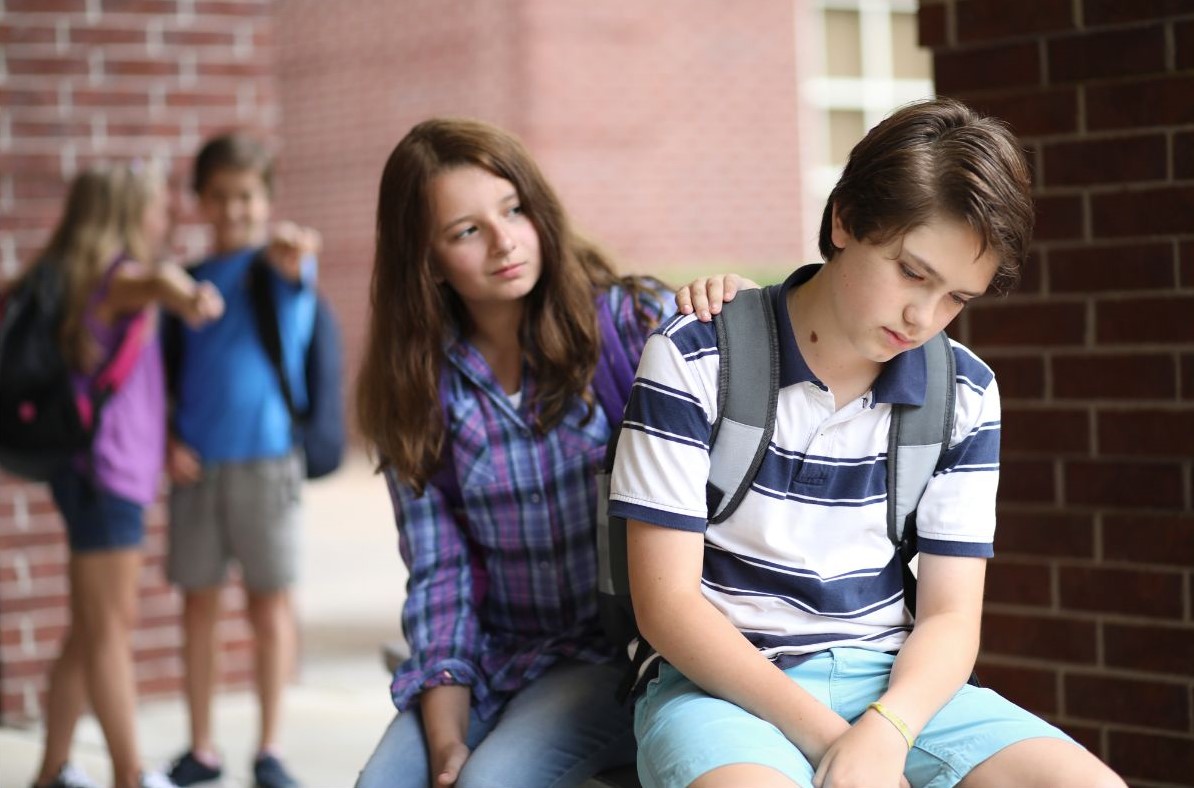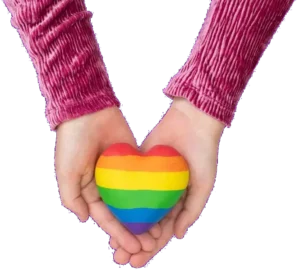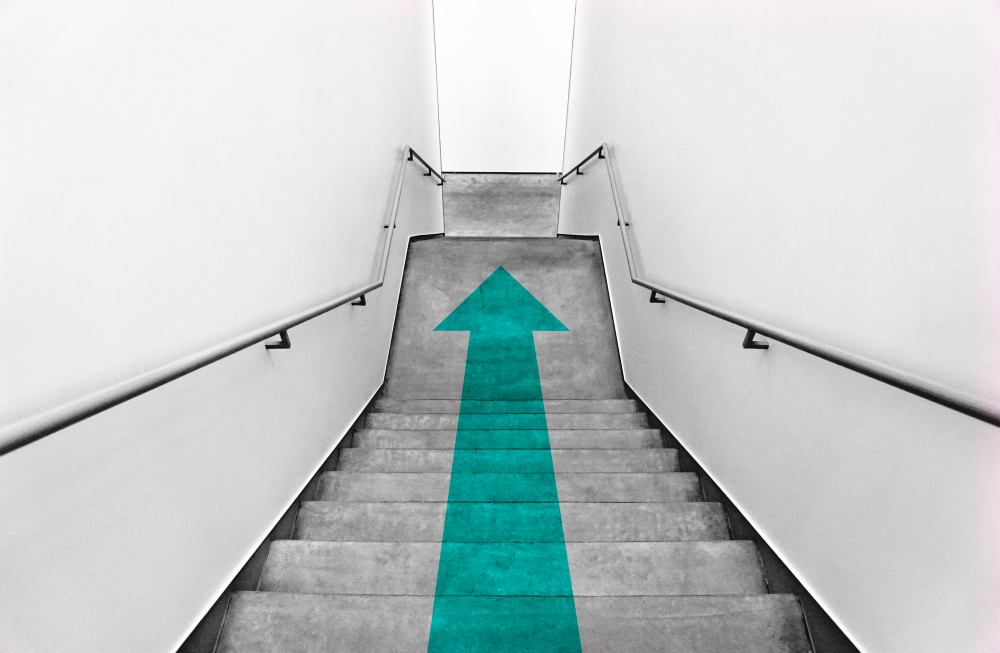Loser. Weirdo. That’s so GAY. SPED. The words piled around me like a wall. I tried to make my own wall, so the words didn’t sting. It didn’t work. They stung. My parents taught me the mantra, Sticks and stones may break my bones, but words can never hurt me, to tell myself so I could rise above the words. The weird thing is, it wasn’t true: the bullying words COULD and DID hurt.
***
A generation ago, the “sticks and stones” approach did little to help recipients of abuse or stop it from happening. Bullying is defined as a range of aggressive behaviors that are intentional, harmful, repetitive, and usually involve a power imbalance: people with bullying behaviors use their power to control or harm others. This persistent pattern of harmful aggressive behaviors can be verbal (teasing, name-calling), social (gossip or rumor-spreading), digital (bullying online through texts, social media, or gaming platforms) or physical (hitting or pushing).
Last year, nearly 30% of students in the greater Sullivan County area experienced bullying on school property. Nearly 20% of students who identified as lesbian, gay, or bisexual did not go to school on at least one day with a 30-day period due to feeling unsafe at school or on the way to or from school. (2023 YRBS: Greater Sullivan County Results). These statistics are part of a disturbing upward trend in bullying behaviors. In fact, more than two-thirds (70.6%) of young people say they have witnessed bullying in their schools (Youth Right Now 2023 Survey, Boys and Girls Clubs of America).
What can be done?
Adults can support youth by talking about healthy relationship skills. By using TV or books as examples, you can show how bullying grows out of disrespect and boundary crossings. Help youth learn to cope with strong emotions without hurting others. Name disrespectful behavior when you see it. Focus on the behavior, not the person. Help youth to understand the impact and side effects of bullying to recipients, such as: increased feelings of sadness and loneliness, depression, anxiety, emotional problems, and long-term damage to self-esteem. These side effects are risk factors and make it more likely that an individual could end up in an abusive relationship. By promoting healthy relationships at school and home, we can prevent bullying behaviors and help support youth in building healthier relationships and improving overall well-being.
If you are experiencing abuse or bullying—or know someone who is — contact The Center for Safer Communities at 800-639-3130. We are here to listen and to help. You will find safety and respect as you explore your options.






